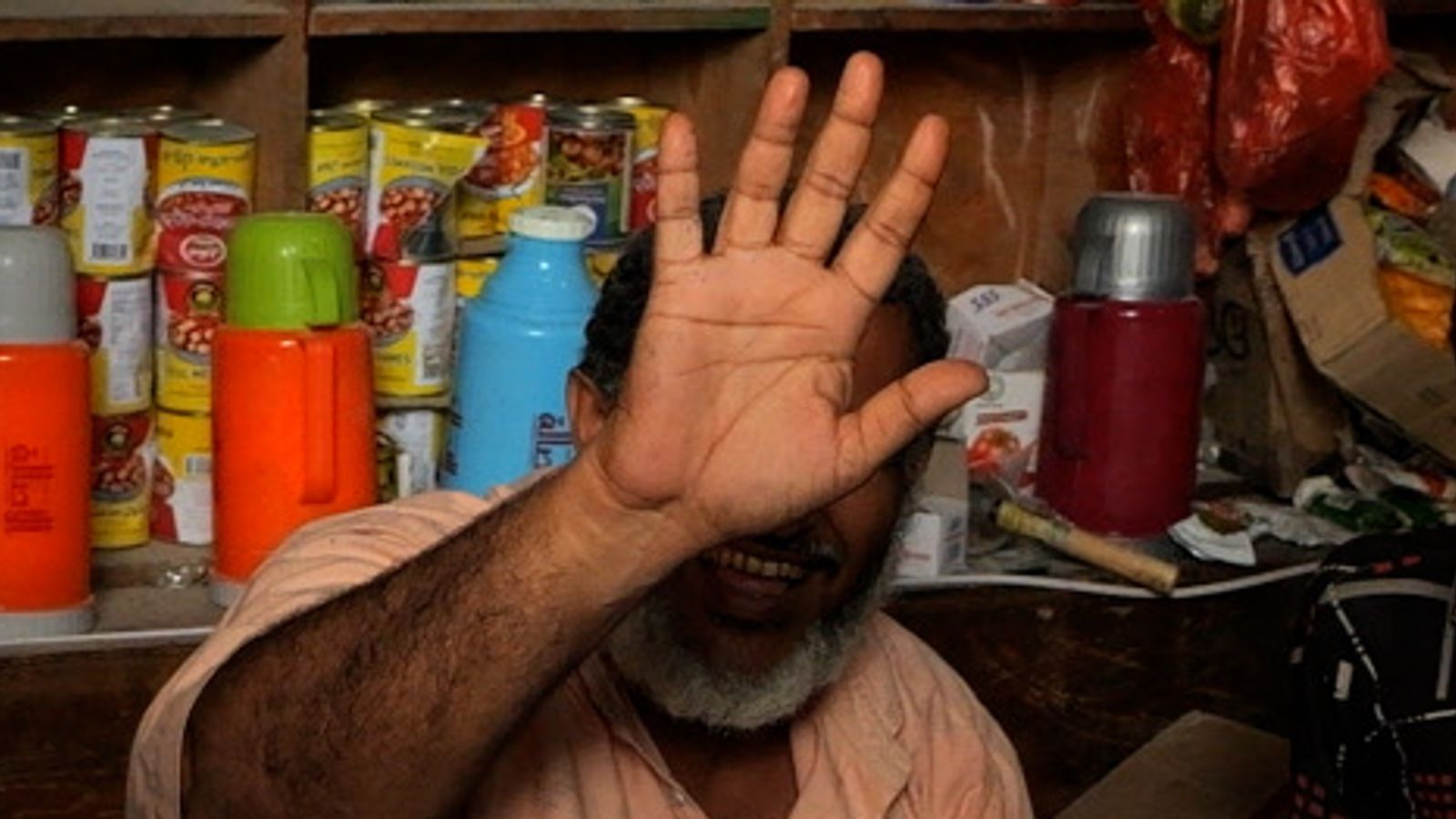The Maldives is fighting for its very survival.
As an archipelago of low-lying islands in the Indian Ocean, it faces not one but three existential dangers, all driven by climate change.
The rising sea levels threaten to submerge some of the islands with some scientists warning this disaster could happen within the next decade.
The under-pressure islands also face another threat. Seasonal weather patterns have become severely disrupted.
Monsoons and tropical storms are more frequent and more violent. They are exaggerating natural coastal erosion and making it happen much more quickly.
It means the islands are literally shrinking. But one of the most pressing emergencies is the drastic loss of the atoll coral.
Rising sea temperatures are killing the coral reefs and that is having a devastating impact on life, both on land and sea.
The reefs are crucial to the island’s survival, not only are they an essential part of the entire marine ecosystem but they provide protection for the coastline.
Azim Musthag is a marine scientist at the Small Island Research Group based in the Maldives’ capital – Male.
He has been measuring the health of the archipelago’s coral reef and his findings are troubling.
“It is quite serious,” he said. “The reefs aren’t recovering as fast as we would like.
“A large proportion of the reefs are still dead or they are recovering too slowly and this is bad for a nation like the Maldives.
“The coral reef is the basis of life here. We are a country in the middle of the Indian Ocean and there are no other sources of nutrients around the reef, it’s the home for nearly all of our marine life.”
Mr Musthag has no doubt what is killing the coral. He said: “Sea temperatures related to climate change are definitely the main cause of such destruction.”
The warnings over the impact of climate change on the Maldives have been sounded for years.
Mr Mushtag added that it is time for action, saying: “We need to commit to reducing the amount of greenhouse gases, actually we need to bring it below zero.
“We need to find ways to put carbon back into the earth and invest in or restore low-carbon ecosystems like mangroves, seagrass meadows, and natural forests.
“We don’t have that many years ahead of us. We need to take action really fast and I don’t think the major countries, the major players, are doing much about it. It’s not as fast as we would like.”
As our planet heats up the sea level rises and data for the Maldives shows a 3-4mm increase in the last year alone.
That means these low-lying islands could be completely submerged within the next decade, but there is another, perhaps, even more, urgent crisis: coastal erosion.
Dr Abdullah Naseer, the country’s Minister of State for Environment, is a coastal marine scientist who has been gathering data from across the islands.
“We are very worried about it,” he said, stressing they need to find a solution for the people living on these islands.
“There are 186 inhabited islands and each and every one, almost 90% of them now, complain that the islands have been eroding away and to help them out in some way.
“So we are spending more than necessary on coastal protection. We have to find alternative sources of funding for coastal protection and also to find solutions to the current rate of erosion.”
Subscribe to ClimateCast on Spotify, Apple Podcasts, or Spreaker
If a solution is not found soon then the Maldivian government may be forced to take extreme measures like forced evacuations.
Dr Naseer added: “We are concerned that we may have to move people around, you know, consolidate people to a different island.”
The red flags about the future of these islands have been ignored for too long. Time for the Maldives is running out.
For full coverage of COP26 watch Climate Live on Sky channel 525.
Follow live coverage on web and app with our dedicated live blog.
Get all the latest stories, special reports and in depth analysis at skynews.com/cop26




